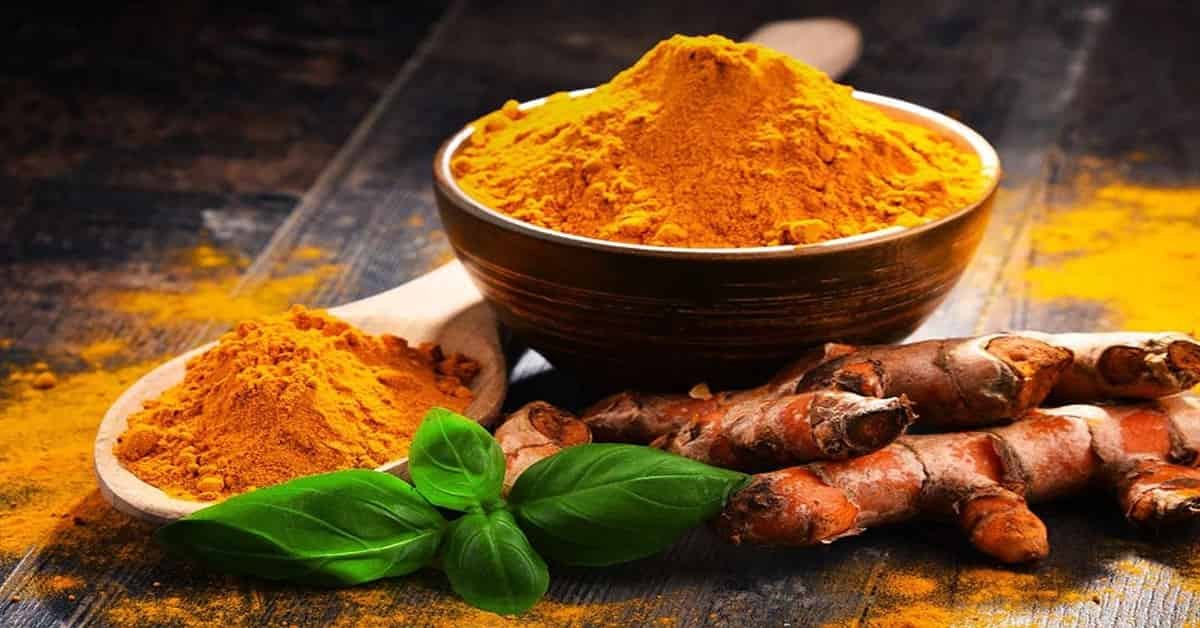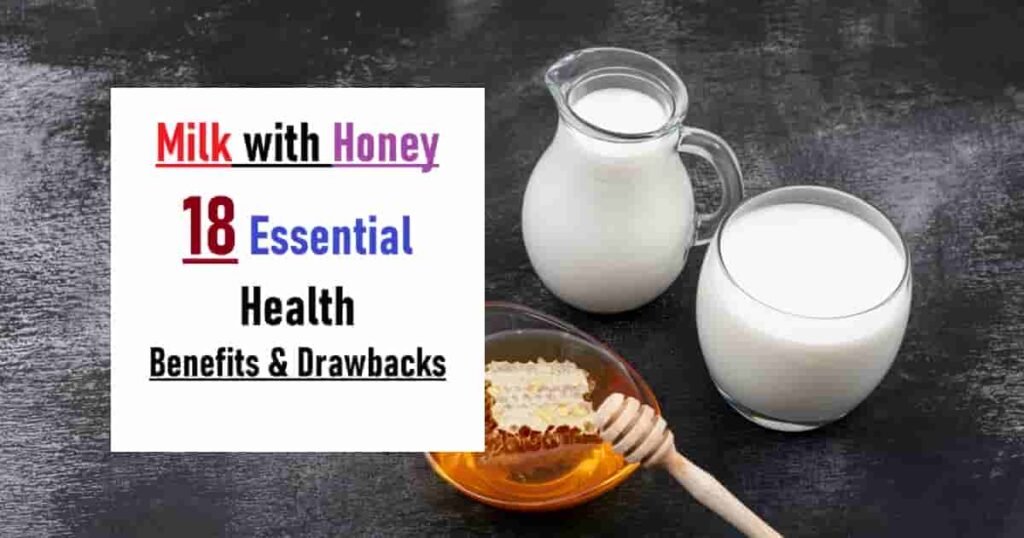Benefits of Turmeric. Turmeric (Curcuma longa) is a flowering plant belonging to the ginger family, Zingiberaceae, native to Southeast Asia. It has been used for thousands of years in traditional medicine and cooking, particularly in Indian cuisine, where it is a key ingredient in curry powders. The vibrant yellow-orange rhizome of the turmeric plant is known for its potent anti-inflammatory, antioxidant, and medicinal properties, primarily due to its active compound, curcumin. In this in-depth exploration, we will look at the nutritional profile of turmeric and its numerous health benefits.
Nutritional Profile of Turmeric (per 100 grams of raw turmeric)

Here’s a breakdown of the nutritional content of raw turmeric:
- Calories: 354
- Water: 8%
Macronutrients:
- Carbohydrates: 65.4 g
- Sugars: 3.2 g
- Dietary Fiber: 22.7 g
- Protein: 7.8 g
- Fat: 9.9 g
- Saturated Fat: 3.2 g
Vitamins:
- Vitamin C: 0.7 mg (about 1% of the Daily Value)
- Vitamin E: 0.1 mg (about 1% of the Daily Value)
- Vitamin K: 13.4 µg (about 11% of the Daily Value)
- B Vitamins:
- Thiamine (B1): 0.1 mg (about 8% of the Daily Value)
- Riboflavin (B2): 0.2 mg (about 15% of the Daily Value)
- Niacin (B3): 1.2 mg (about 7% of the Daily Value)
- Pyridoxine (B6): 0.1 mg (about 5% of the Daily Value)
Minerals:
- Copper: 1.31 mg (about 65% of the Daily Value)
- Iron: 5.3 mg (about 29% of the Daily Value)
- Potassium: 1,602 mg (about 34% of the Daily Value)
- Magnesium: 193 mg (about 48% of the Daily Value)
- Manganese: 7.35 mg (about 370% of the Daily Value)
Health Benefits of Turmeric

- Powerful Anti-Inflammatory Properties:
- Curcumin, the primary active compound in turmeric, has strong anti-inflammatory effects. Chronic inflammation plays a significant role in many diseases, including heart disease, cancer, metabolic syndrome, Alzheimer’s disease, and various degenerative conditions. By inhibiting the inflammatory pathways in the body, curcumin can help reduce inflammation and support overall health.
- Rich in Antioxidants:
- Turmeric is rich in antioxidants that help neutralize free radicals, unstable molecules that can cause oxidative stress and damage cells. Curcumin is itself an antioxidant and helps increase the activity of the body’s own antioxidant enzymes. This synergistic action can help reduce oxidative damage and protect against aging and chronic diseases.
- Supports Joint Health:
- Due to its anti-inflammatory properties, turmeric can be beneficial for individuals suffering from arthritis and joint pain. Research suggests that curcumin may reduce symptoms of arthritis and improve joint mobility, making it a valuable supplement for those with chronic inflammatory conditions.
- Boosts Immune Function:
- Turmeric has been shown to boost the immune system and enhance the body’s ability to fight off viruses and infections. Its anti-inflammatory and antioxidant properties contribute to overall immune health, helping prevent common colds and flu.
- Improves Brain Function:
- There’s growing evidence that curcumin can improve cognitive function and may serve to protect against neurodegenerative conditions like Alzheimer’s disease. Curcumin increases the levels of brain-derived neurotrophic factor (BDNF), a protein that supports the survival of nerve cells and encourages the growth of new neurons.
- May Aid in Weight Management:
- Some studies suggest that curcumin may help with weight management by reducing inflammation, regulating metabolism, and increasing fat loss. It may inhibit the growth of fat cells, making turmeric a potential ally in weight loss efforts.
- Supports Heart Health:
- Curcumin can improve the function of the endothelium, the lining of the blood vessels, which is critical for maintaining heart health. Improved endothelial function can help regulate blood pressure and is associated with a reduced risk of heart disease.
- Digestive Health:
- Turmeric can aid digestion by stimulating bile production, which is essential for the digestion of fats. Its anti-inflammatory properties can also support gut health by reducing symptoms of indigestion and bloating.
- Enhances Skin Health:
- The antioxidant and anti-inflammatory properties of turmeric make it beneficial for skin health. It is often used in skincare products and can help with conditions like acne, psoriasis, and eczema. Turmeric may also help reduce scarring and improve the overall appearance of the skin.
- May Have Anti-Cancer Properties:
- Preliminary studies suggest that curcumin may have anti-cancer effects by inhibiting cell growth, reducing inflammation, and blocking the spread of cancer cells. While more research is needed, these findings are promising in the fight against various types of cancers.
- May Improve Mood and Reduce Depression:
- Some research suggests that curcumin can help alleviate symptoms of depression by increasing serotonin and dopamine levels in the brain. This effect may contribute to improved mood and emotional well-being.
- Versatile Culinary Uses:
- Turmeric is not only recognized for its health benefits but also for its culinary uses. It is commonly used in various dishes, especially in Asian cuisines. It can add color, flavor, and health benefits to soups, stews, curries, smoothies, and wellness shots. Furthermore, turmeric can be consumed in powdered form, capsules, or fresh root.
Conclusion
Turmeric is a remarkable spice that not only enhances the flavor and color of various dishes but also offers a vast array of health benefits. Its powerful anti-inflammatory and antioxidant properties make it a valuable ingredient in both cooking and therapeutics. Integrating turmeric into your diet can contribute to overall health and well-being, helping to prevent chronic diseases and support vital bodily functions.
Whether you enjoy it in a warm cup of turmeric tea, add it to your favorite dishes, or take it as a supplement, turmeric can be a great addition to a balanced diet.
Also Read,


